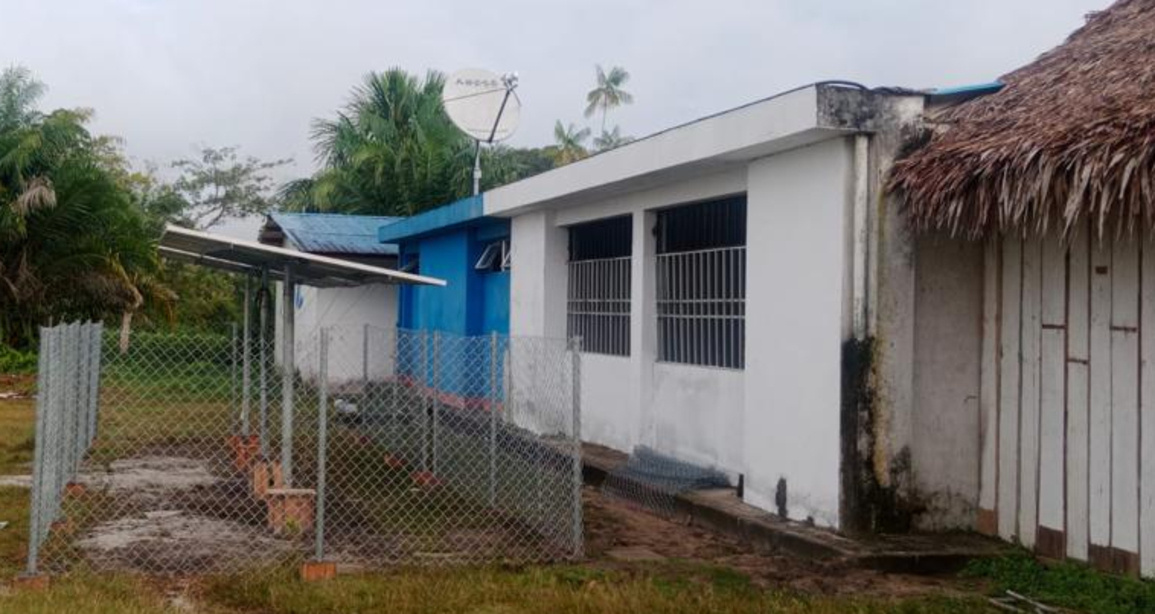
Hispasat has joined forces with Colombian companies and the country's administration itself to bring education to rural areas. This teleeducation project is an opportunity for everyone and a sign of our commitment to Colombia. We are working with Axess Networks, the local company CSE and we have the collaboration of the Ministry of Information and Communications Technologies and the Ministry of National Education.
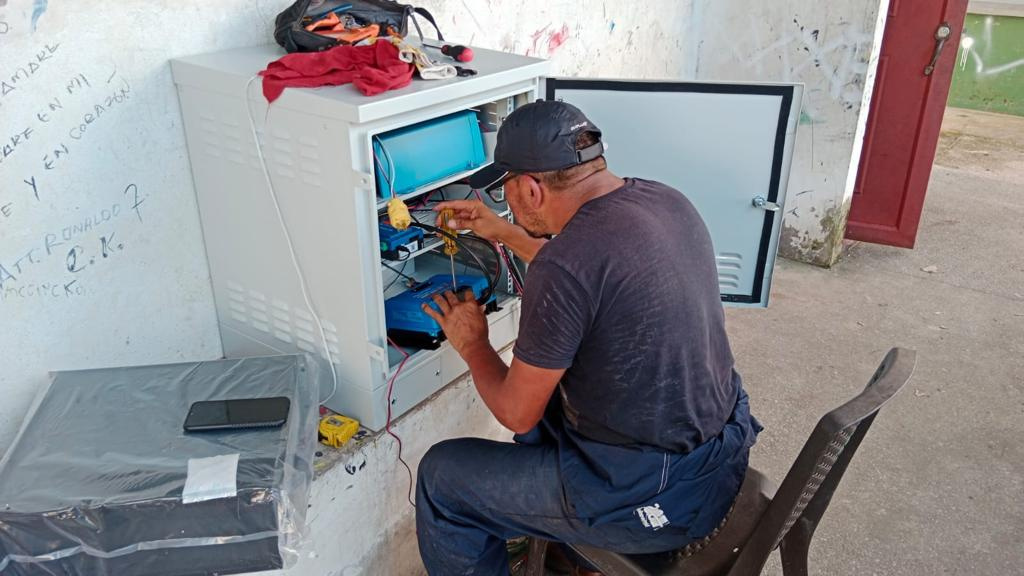
We made a long trip, in harsh conditions and full of enormously complex technical challenges. We traveled by plane, by canoe and a tractor in the midst of enormous difficulties of all kinds. We want to share it with you because we have never felt more proud of what we were doing.
A challenge that began on Saturday, July 29, we set out full of enthusiasm because we were aware that there would be many children who lived in remote places who could benefit. We brought them the donation of a complete digital classroom.
Thus we begin a long journey full of adventures. We left the El Dorado airport located in Bogotá, the journey lasted 1:15 minutes to reach Puerto Inírida, capital of such a majestic Guainía department. There, with the support of a person recommended by an official from the Department's Government, we began the search for technicians who could carry out the trip to Pato (Guainía hamlet), to do so we had to search at boarding places until finally, we got a person who agreed to carry out the transportation to Pato. On Sunday, July 30, I had to supervise the transportation (from another boat) of merchandise (gasoline, gas cylinders and different construction elements), so I spent that night in Puerto Inírida. Although the appointment was on Sunday at 6:00 a.m. At the port of Inírida, the complexity of the organization delayed our departure until 9:30 a.m. Thus we began the journey along the slope of the Guainía River, passing through three rivers: Orinoco River, Atabapo River and finally the Guasacabi River.
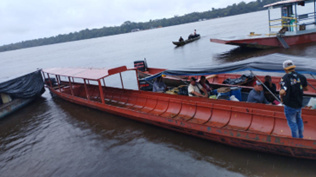
It took us a little more than nine hours, we passed through the Colombian communities of Chaguita, Raudal, Comuna, Medano, Mingao, Cacahual, Merey, Corona, San José. We stopped in Cacahual, where they served and provided food to the people who were traveling with us on the boat and who shared part of the journey with us, the person in charge of the trip, her husband, her sister-in-law, her brother, and two inhabitants of Guainía; We requested the purchase of food and the response was negative.
During the transit along the Atabapo River we entered Venezuelan territory, until we reached Santa Cruz where a Bolivarian guard operates. At this point a toll must be paid for each item or load carried. The person in charge of the boat paid around $4,000,000 Colombian pesos to let us continue the trip. These procedures took us around two hours.
It was around 8:00 p.m. when we arrived at Pato, our destination. A place where there is only one house and some kiosks that function as a transit home for travelers or “coteros” who load and unload the merchandise that arrives from Inírida, since it is a temporary port for the products that supply food and others for the communities. The disposition of the people was not the best. We perceive discomfort and intrigue by our presence. To spend the night in the place we hung the hammock that I was carrying and that perceived my fear of snakes and the lack of minimum conditions to spend the night.
On the morning of Monday, July 31, we asked the tractor drivers to do the transportation. There were only three tractors and the negotiation was not easy at all. The first one that left at 6:00 a.m. did not agree to transport it to Guamirza. An agreement was reached with the second one that left around 1:00 p.m. from Pato, thanks to the invaluable medication of the person responsible for the cargo, a woman who sold food. This tractor trip lasted three hours. Despite the difficulties, we had to give thanks because the weather conditions were good. The tractor is a means of transport that does not have chairs, it is exclusive for carrying cargo, so we travel sitting on the merchandise.

According to the instructions provided by the contact who had organized the first trip for us: “when you arrive in Guamirza ask for…”, a person of whom they only gave us the pseudonym, “tell the truth about what you were going to do, do not lie.” nor show fear.”
Upon arrival in Guamirza we punctually follow the indications, until we reach the home of the person referred to above. They were very kind, polite and attentive. They told us that they were waiting for us, they offered us food and housing... As they told us, due to the late hour, the trip could no longer be continued. A formalism that came accompanied by many questions, such as: Where are you going? What are you going to do? How long will it take? where is it from? What are your parents and grandparents called? What else have you worked on? What is your phone number? Among others. They warn me that the area is dangerous, it has many snakes and they recommend that I not follow a path that begins behind the house...
The person who received us in Guamirza was in charge of finding someone else to do the last section of the route, through the Guamirza channel, Guainía River. But we had to wait until August 1 to undertake that part of the journey. We had been traveling for four days and we had flown by plane, sailed by boat and traveled by tractor... without having yet reached our destination.
It is already 11:00 a.m. We achieved the objective, we had reached the final destination of Puerto Colombia Guainía. The rector was attentive upon arrival, waiting for us with kindness. He offered us accommodation at the boarding school and food. The town, the township, did not have lodgings or restaurants due to its small size.
In short, a great adventure that we will never forget because the effort of the entire team involved to complete this deployment has been enormous. We travel by "land, sea and air" to a forgotten community, to give all those children and their teachers a chance for the future.
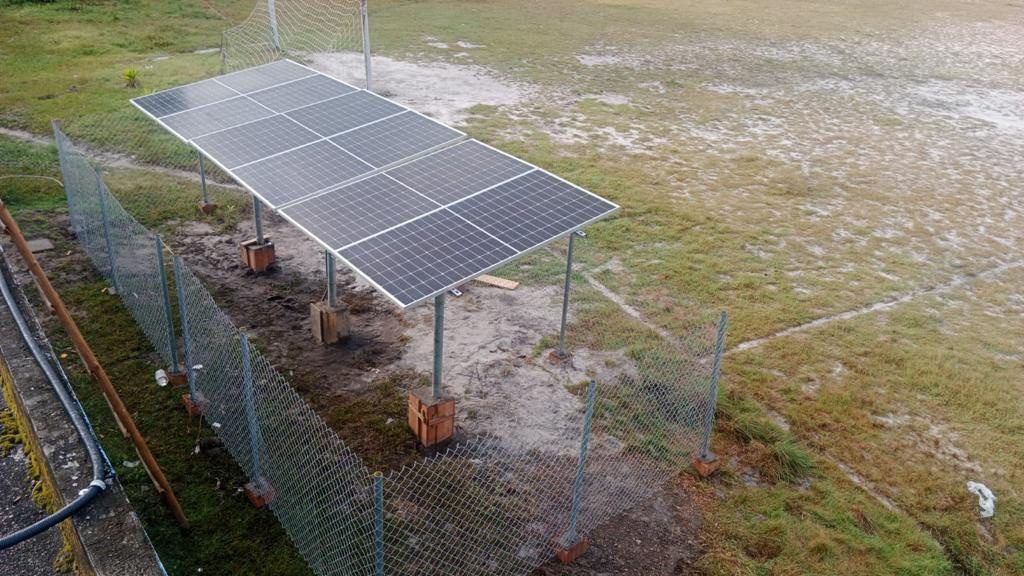
To provide your students with a solution that includes broadband satellite connectivity, a digital classroom complete with computers, tablets, and interactive displays. In addition to the physical adaptation of the school, to adapt it to what will be the new study habits of its kids. Without forgetting that we had to create an electrical energy supply system, through the installation of solar panels. And what is even more important if possible, a complex training plan in digital skills, which serves as a follow-up for the education of all these children, and their teachers.
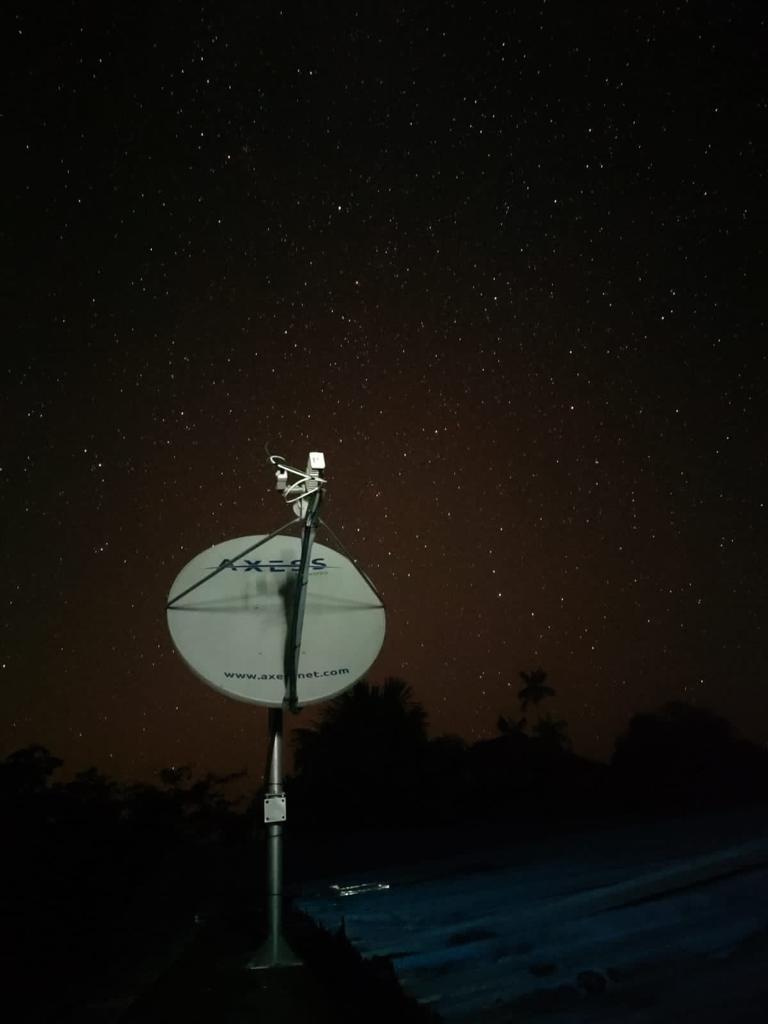

The next 2023 World Radiocommunication Conference is a critical step to ensure that our satellite services can thrive in a competitive and evolving wireless communication landscape while maintaining global coordination to avoid interference issues
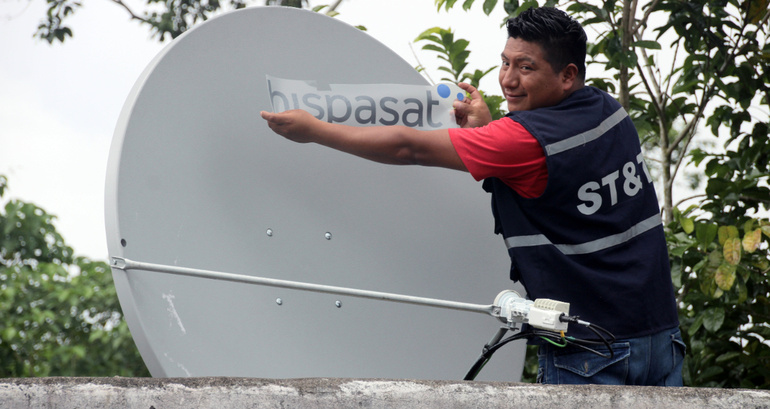
We donated to five remote schools in the country a complete digital classroom and satellite broadband solution that will benefit more than 400 students, and a satellite telemedicine service to provide primary care remotely.
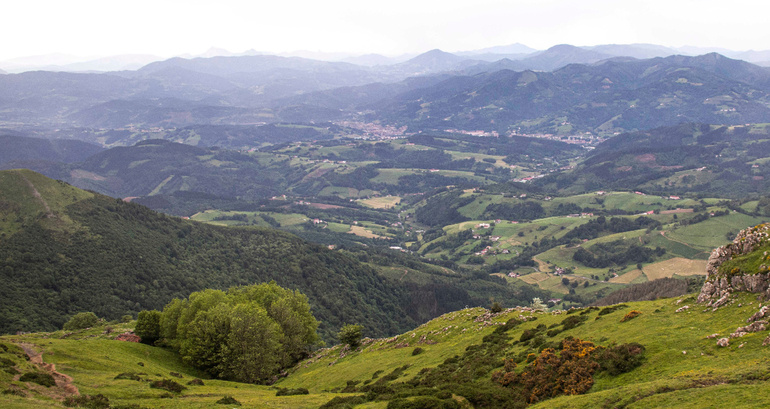
HISPASAT presented its connectivity solutions for the rural world at Presura 21, including its new wholesale satellite broadband service of up to 100 Mbps.

ICTs are called to enrich and transform education as we know it. At HISPASAT, in collaboration with leading technology providers in the sector, we have developed a complete solution that allows rural schools to be provided with a complete package of ICT services and technologies.